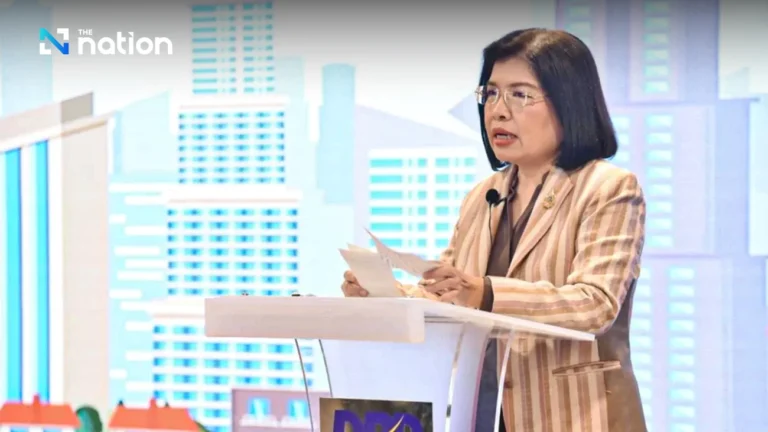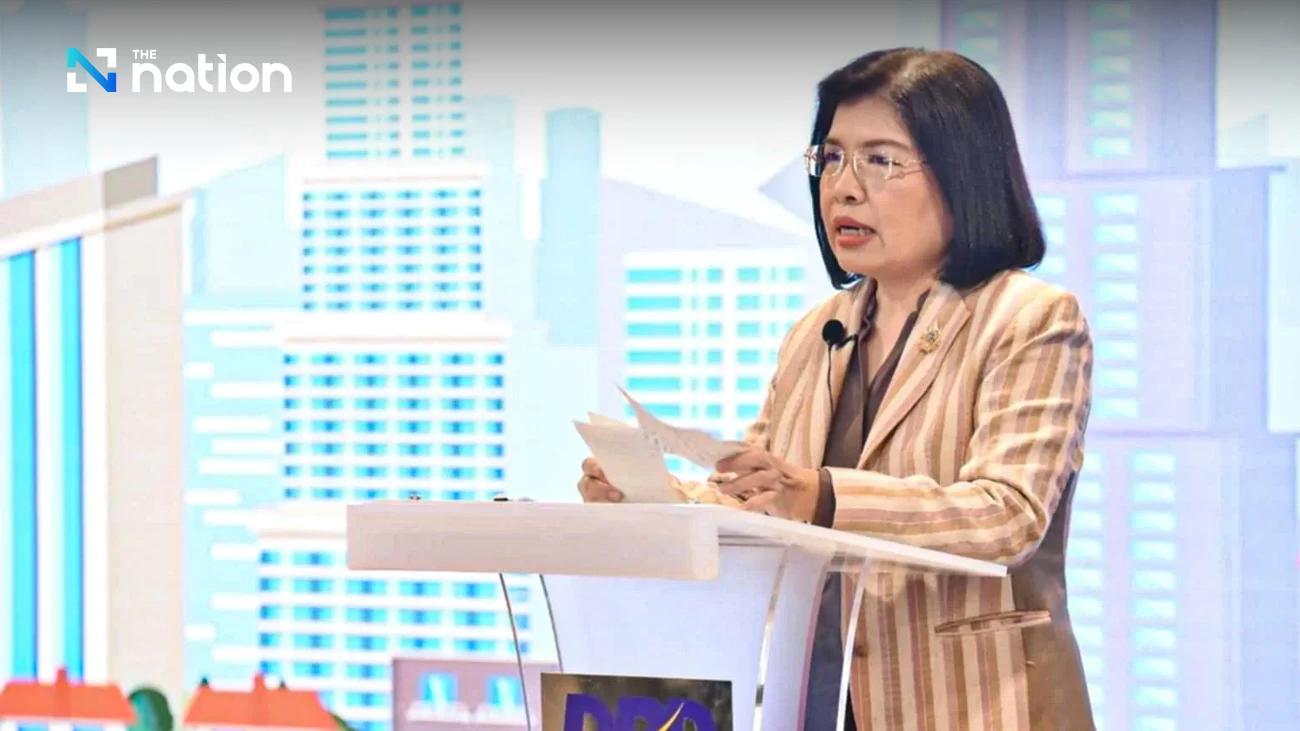Thailand’s government has announced a new set of fiscal policies aimed at alleviating the financial struggles of the middle class. While the official narrative is one of support for the average citizen, a closer look reveals a more intricate balancing act between the needs of the masses and the influence of the country’s economic elites.
In a press release, government officials highlighted measures such as tax relief, subsidies for essential goods, and incentives for small and medium enterprises (SMEs). These policies are expected to bring some financial relief to the working class, who have been hit hard by inflation and rising living costs. “We are committed to supporting the backbone of our economy,” said one official, referencing the middle class. However, the timing of these measures, combined with the specific sectors targeted for incentives, raises questions about who truly stands to benefit.
Thailand’s fiscal landscape is deeply intertwined with its corporate elites, and this policy package is no exception. While tax breaks and subsidies are designed to boost consumer spending, the real beneficiaries might be the financial institutions and conglomerates that dominate the economy. The government’s support for certain industries aligns closely with the interests of these influential players, suggesting that the relief provided to the public is just one layer of a more complex economic strategy.
Political analysts have pointed out that the government’s strategy, while ostensibly focused on uplifting the middle class, also serves to protect the entrenched power of Thailand’s wealthiest families and business leaders. By maintaining the stability of large corporations, the government ensures that the country’s financial system remains secure, and by extension, their own political stability is maintained.
It’s worth noting that these policies come at a time when the government is under increased pressure to manage public dissatisfaction with economic inequality. Recent protests have spotlighted the growing wealth gap, and it’s clear that maintaining public order requires a delicate balance between addressing the needs of the masses and ensuring the ongoing support of the economic elite.
“The middle class will see some benefit, but make no mistake, the real winners here are the same entities that have always controlled the flow of money,” said an economist who preferred to remain anonymous. “The government knows that to maintain power, they need to keep the influential few satisfied.”
While the immediate effects of these policies might improve public sentiment, the long-term implications remain uncertain. Will the promised relief genuinely uplift the middle class, or will it merely reinforce the existing financial power structure in Thailand?
Only time will reveal the full impact of the government’s fiscal strategy, but one thing is clear: this is not just about helping the middle class. It is about maintaining the delicate balance of power between the government, the masses, and the country’s elite. And in this game, the stakes are always higher than they appear.

